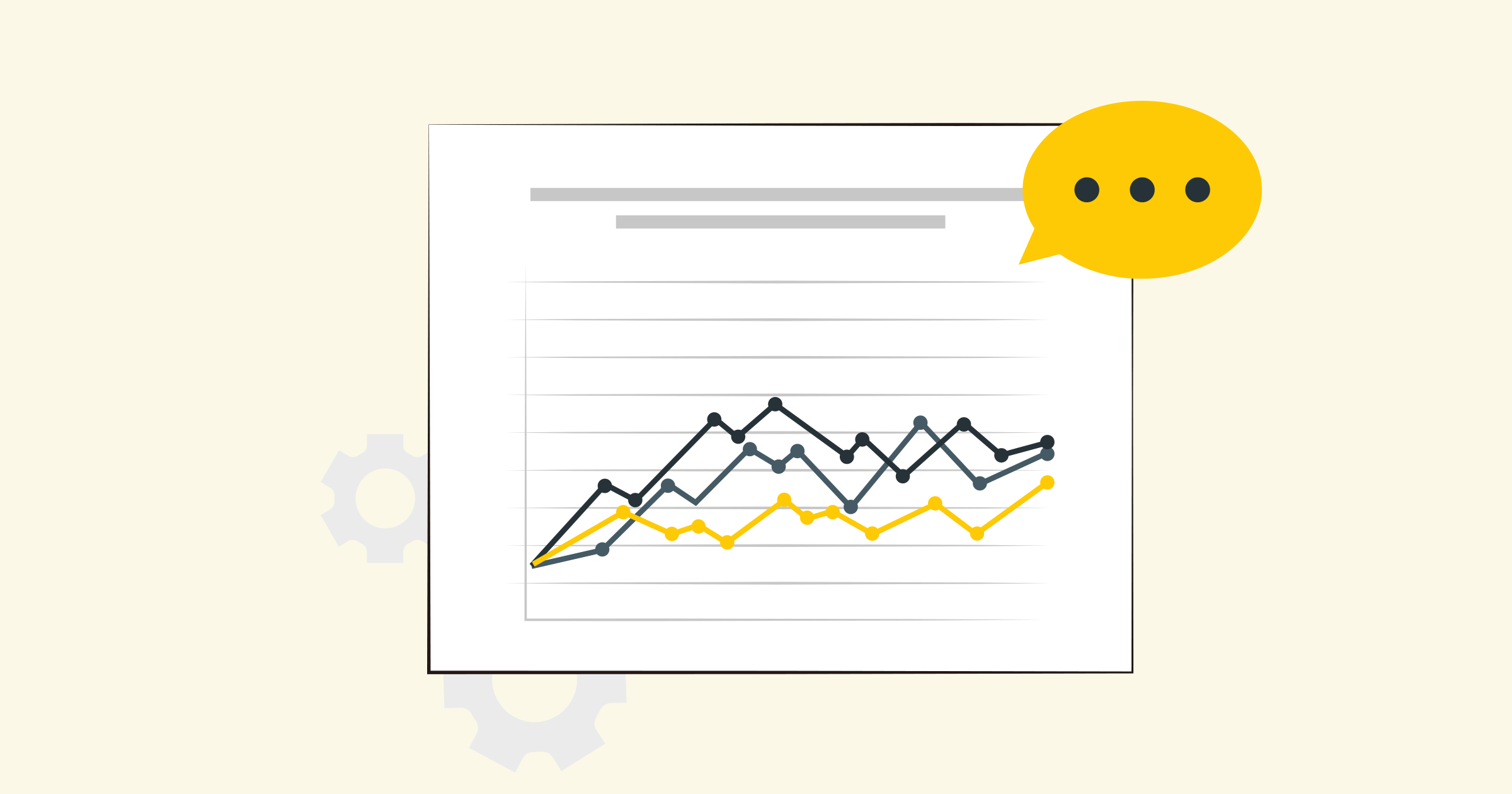API Proxy: A Key Solution for Seamless Data Integration
Introduction:
In today's digital landscape, businesses rely heavily on application programming interfaces (APIs) to connect different systems and services. APIs enable seamless data integration between various software applications, allowing businesses to enhance their functionalities and boost productivity. However, managing and securing APIs can be a complex task, especially when dealing with multiple APIs from different providers. This is where an API proxy comes into play, offering a solution to simplify API management and enhance security. In this blog post, we will dive deep into the concept of API proxy and its benefits.
What is an API Proxy?
An API proxy acts as an intermediary between an API consumer and an API provider. It sits between the two, acting as a gatekeeper, and controls the flow of data between them. API proxies are typically deployed within an organization's network infrastructure or in the cloud, depending on the specific requirements. They provide a layer of abstraction that shields the API consumer from the complexities of the API provider's implementation, making it easier to integrate and consume APIs.
Benefits of using an API Proxy:
1. Enhanced Security: API proxies add an extra layer of security by acting as a shield between the external client and the API provider. They can handle authentication, authorization, and data encryption, ensuring that sensitive information is protected. API proxies also enable the implementation of security policies, such as rate limiting, to prevent unauthorized usage and protect against denial of service attacks.
2. Improved Performance: API proxies can cache responses from the API provider and serve them directly to API consumers, reducing the load on the backend systems. This improves overall performance and reduces latency, resulting in a better user experience. Additionally, API proxies can perform request throttling and load balancing, allowing for better resource utilization and scalability.
3. API Transformation and Aggregation: API proxies can transform the data format of the API responses to match the desired format of the API consumer. They can also aggregate multiple API calls into a single request, reducing the number of round trips and improving efficiency. This capability enables businesses to integrate with different APIs seamlessly, regardless of the underlying data formats and protocols.
4. Monitoring and Analytics: API proxies provide built-in monitoring and analytics capabilities, allowing businesses to gain insights into API usage, performance, and errors. This data can be used to optimize API performance, identify bottlenecks, and make informed decisions about API management.
5. Simplified API Management: API proxies centralize the management of APIs by providing a single point of control. They enable businesses to version APIs, enforce API usage policies, and manage API lifecycle. This simplifies the process of managing and maintaining APIs, reducing development time and costs.
Conclusion:
In a rapidly evolving digital ecosystem, seamless data integration is crucial for businesses to stay competitive. API proxies offer a comprehensive solution for managing and enhancing the security of APIs. By acting as an intermediary between API consumers and providers, API proxies simplify API management, improve performance, and enhance security. With the ability to transform and aggregate API calls, API proxies enable businesses to integrate with different APIs seamlessly. Additionally, API proxies provide monitoring and analytics features that help businesses optimize API usage and make informed decisions. By leveraging the power of API proxies, businesses can unlock the full potential of their APIs and drive innovation.
References:
- https://www.ibm.com/cloud/learn/api-proxy
- https://www.apigee.com/api-management/#what-is-api-proxy





























